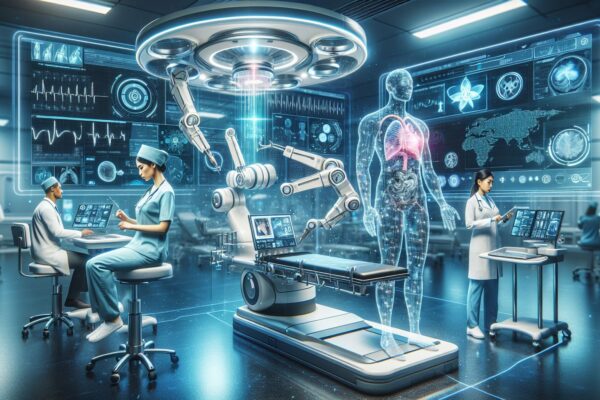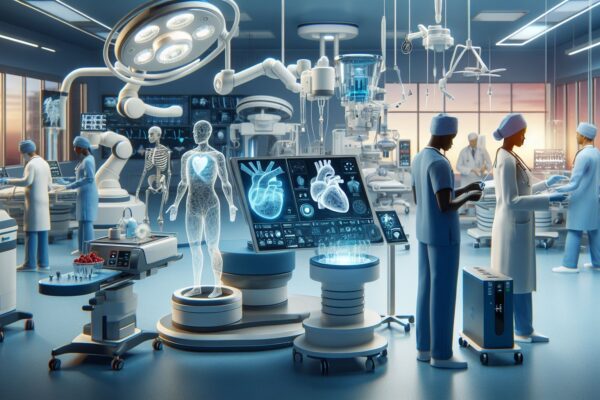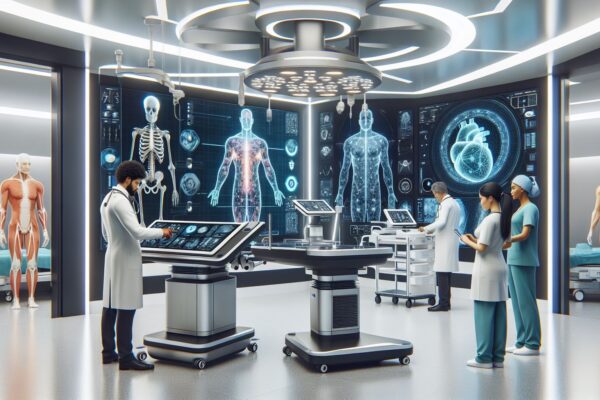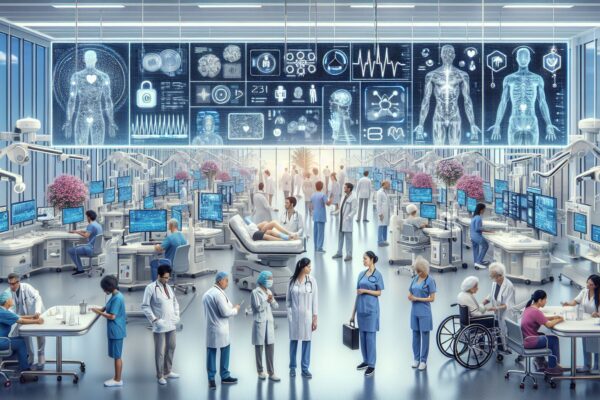In today’s fast-paced world, we have witnessed incredible advancements in medical technology that have revolutionized the healthcare industry. From early diagnosis to improved patient monitoring, hospitals have greatly benefited from innovative technologies designed to enhance patient care. This blog post explores the significant role medical technology plays in hospitals and how it continues to transform the way healthcare services are delivered.
Introduction
Medical technology encompasses a wide range of devices, equipment, and software used by healthcare professionals in hospitals to ensure accurate diagnosis, efficient treatment, and improved patient outcomes. Cutting-edge medical technology has brought about profound improvements in patient care, allowing healthcare providers to deliver precise and timely interventions. From electronic health records to robotic surgical systems, hospitals are finding innovative ways to integrate and leverage technology to enhance their services.
The Advantages of Medical Technology in Hospitals
Medical technology offers numerous advantages for hospitals, patients, and healthcare providers alike.
1. Improved Diagnostics
The introduction of advanced imaging techniques, such as magnetic resonance imaging (MRI) and computed tomography (CT), has revolutionized diagnostics, enabling physicians to detect diseases more accurately and at earlier stages. These tools provide detailed images that aid in diagnosing complex conditions, leading to better treatment outcomes and fewer invasive procedures.
2. Enhanced Patient Monitoring
With the help of medical technology, hospitals can better monitor patients both during and after their stay. Wearable devices and remote monitoring systems allow for continuous vital sign monitoring, providing physicians with real-time data and enabling early detection of potential complications. This proactive approach can significantly reduce the potential risks associated with emergencies and ensure better patient management.
3. Streamlined Workflow
Implementing technology in hospitals has simplified administrative processes and streamlined workflow management. Electronic health records (EHR) systems have replaced traditional paper-based methods, allowing healthcare providers to access patient information efficiently and securely. This digitization promotes better coordination among healthcare teams, reduces error rates, and eliminates the need for manual record-keeping.
4. Minimally Invasive Procedures
Advancements in medical technology have also given rise to minimally invasive surgical procedures, reducing patient trauma, postoperative pain, and recovery time. From robotic-assisted surgeries to laparoscopic interventions, these techniques use smaller incisions and highly precise tools to achieve optimal surgical outcomes. Minimally invasive procedures are now widely embraced in hospitals, ensuring patient safety and reducing the overall length of hospital stays.
Conclusion
Undoubtedly, medical technology has become an integral part of modern healthcare systems, contributing significantly to improved patient care, increased efficiency, and enhanced outcomes. With ongoing research and development, hospitals can expect continued advancements that further elevate the standard of medical services. As we look to the future, embracing and integrating medical technology will remain essential in meeting the ever-evolving healthcare needs of patients worldwide.




